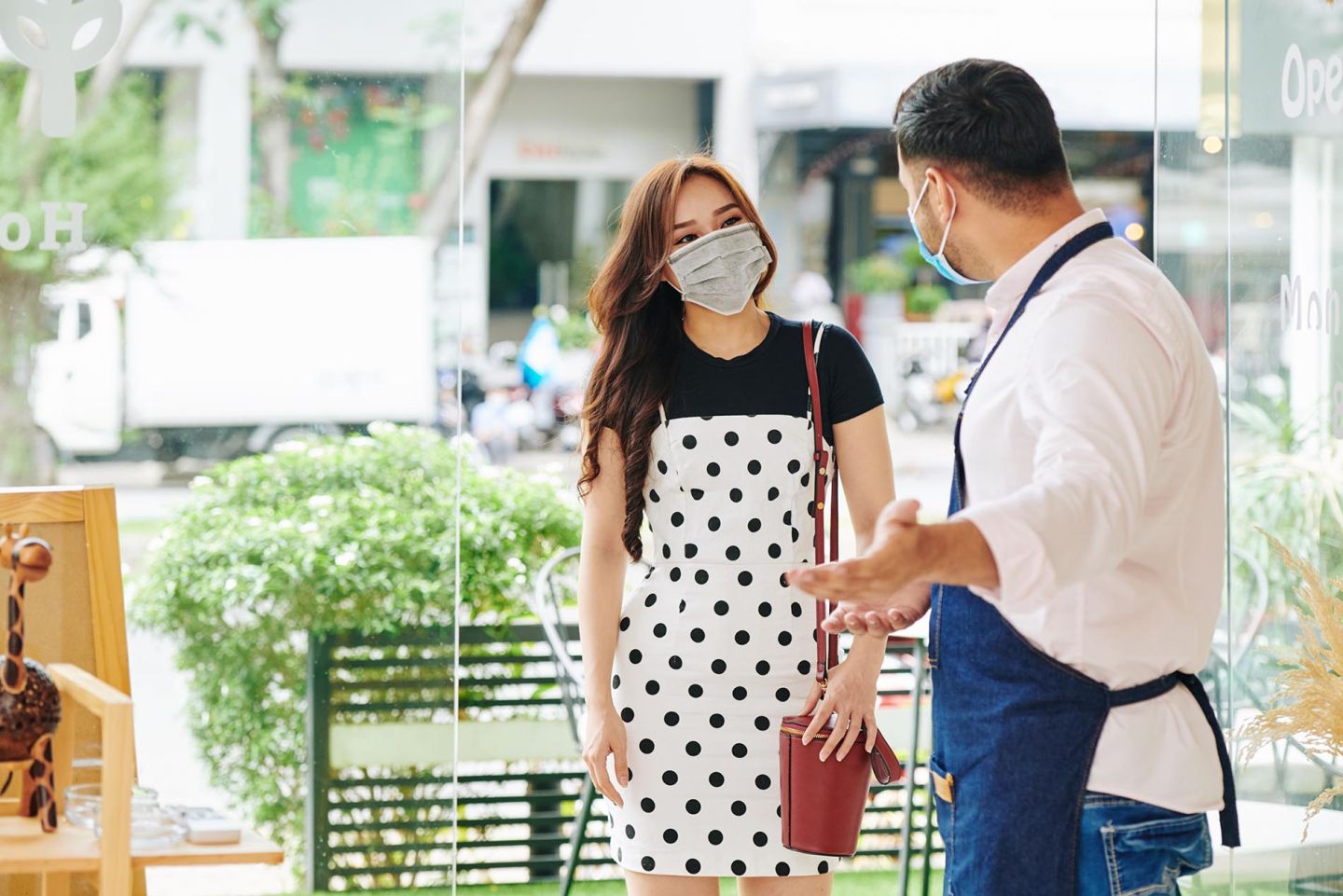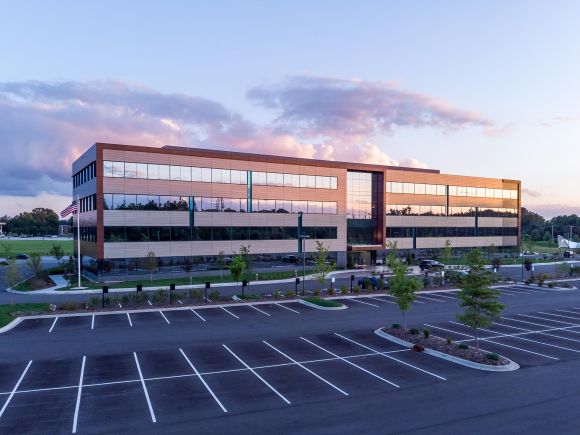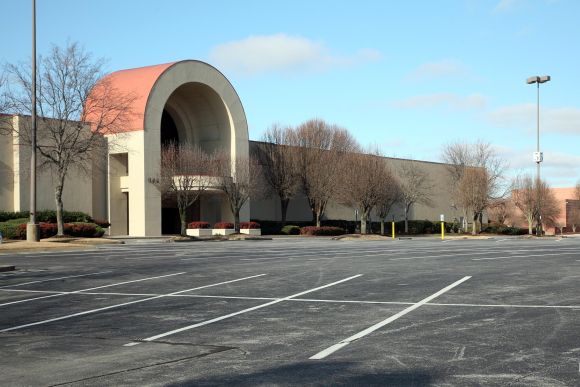As we leave 2020 behind and dive into 2021, it’s become clearer and clearer that the world we once knew has changed, in some ways drastically. The world of economic development is no different. Strategies, solutions, and problems have evolved, as have communities. To learn what factors will impact economic development in the coming year, we spoke to Buxton Professional in Residence Julie Glover. Here are her key things to keep in mind.
Slow Progress
Overall, Glover says to anticipate slow progress on business attraction initiatives. Economic uncertainty tends to make individuals, businesses, and communities more hesitant when it comes to investing in new projects. And between changing political administrations and the pandemic, there’s plenty of uncertainty in the air.
Historically, political change slows development. No matter who ran, who won, or whether the election was at the local, state, or federal level, progress will stall. This year will be no different. After a long and contentious election in 2020, a new presidential administration took office in January. Because of this, Glover expects investors to pull back and hold onto their money until the dust settles and confidence returns.
As we move into the new year, the pandemic is continuing to cause problems for businesses and communities large and small. Though restrictions vary by state, limited hours and capacities, as well as consumer hesitations, have kept restaurants and retailers from operating business as usual. As a result, sales tax revenues are down, which could create difficulties for funding future projects.
However, with vaccinations happening around the country, an increase in foot traffic wouldn’t surprise Glover. Especially with spring on the horizon, people who are desperate to get out of the house will start taking advantage of opportunities to do so. This increase in consumer foot traffic may provide a helpful boost to key industries and local economies.
Lack of Tourism
Though stores and restaurants will likely begin seeing more visitors in the coming months, the tourism industry will continue to suffer. Glover says people just aren’t traveling right now and won’t until the vaccine is more widespread.
This has hurt communities that have had to cancel festivals, events, conferences, and other attractions that bring crowds for the whole weekend, or even just a day. But since these types of activities won’t be an option for a while, Glover recommends shifting focus to supporting local businesses. Local shops are what give a community flavor and life, and making sure they survive is key to ensuring that tourists have something to come back to.
Rather than attracting new businesses, spend this time focusing on retaining and expanding ones in your community. With rent in retail spaces at historic lows in New York City and around the country, now could be the perfect time for confident and prepared businesses to expand.
More Hybrid Models
Over the past few years, mixed-use spaces—such as an office and café combination, or the classic Main Street set up with commercial spaces on the ground floor and residential spaces above—have become more and more popular.
While this is great for tenant diversity and safeguarding investments, some communities may have old ordinances in place that make zoning for these types of buildings difficult. Now, in the midst of this slower period, is a great time to dig into these old ordinances to find and fix obstacles. Doing this now will help speed things up down the road.
The Bottom Line
Use the upcoming slow months to build stronger relationships with your community’s business owners and update old zoning ordinances. By supporting your community now, you will help prepare it for post-pandemic prosperity.
For more tips, ideas, and information on promoting your local small businesses, check out 3 Ideas for Starting Your Community’s Shop Local Program.


